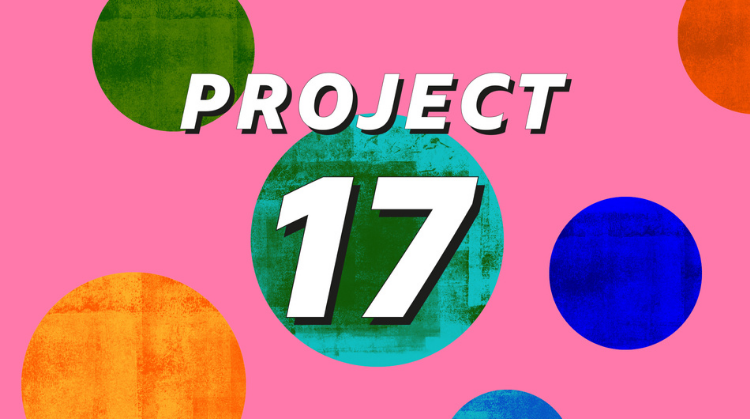Sustainable Development Goals through the eyes of 17-year-olds

WELS academics have contributed expertise to Project 17, an ambitious new radio series on the BBC World Service which features the views of seventeen 17-year-olds from 17 different countries around the world.
The series, co-produced by the BBC and The Open University, looks at the United Nations’ 17 Sustainable Development Goals (SDGs) and how young people around the world feel their lives are being changed, if at all, by these goals. Each episode focuses on a specific goal and presenter Sana Safi from BBC Afghan is guided by a 17-year-old for whom the issue has a personal resonance.
Dr Eric Addae-Kyeremeh, Associate Head (Innovation) of the WELS School of Education, Childhood, Youth and Sport, has been involved in advising and shaping the script for Project 17. He says, “This series is a fascinating journey across the world and brings to the fore how policy and some of our practices impacts our world.”
How do the SDGs impact young people personally?
The young people featured will explain why goals such as access to clean water, a healthier diet and a good education are so important to their families, communities and their own future wellbeing and prosperity.
The series also sees them visit projects tackling each SDG issue head on, taking listeners around their neighbourhoods talking to other teenagers, listening to experts, and interrogating those in authority to find out whether there is a chance that the SDGs can be met by 2030. It is a chance to hear how young people want to shape their future and create better opportunities for their generation.
Eric comments, “Analysis of the Sustainable Development Goals trends globally, reveals a mixed picture of whether countries are progressing sufficiently to achieve the goals by 2030. The focus on 17-year-olds as they tackle experts and policymakers on what has to change, highlights the importance of inclusivity and openness if we are to create an equitable, sustainable and just society. The views of these 17 young people and the issues they raise about poverty, gender inequality, access to clean water and the impact of climate change on their community are worth hearing if we are to achieve the targets.”
BBC Afghan journalist Sana, adds, “For the Sustainable Development Goals to work they have to involve young people. It sounds simple, but this series shows how hard this might be.”
How is WELS supporting the SDGs?
Many of the SDGs also have strong links to projects initiated by, or run in collaboration with, WELS research teams. The Open University’s International Development Office is particularly committed to supporting the SDGs with involvement in projects such as OpenWASH (SDG6: Clean Water and Sanitation, and SDG11: Sustainable Cities and Communities), SAGE (SDG4: Quality Education, and SDG:5 Gender Equality) and TIDE (SDG4: Quality Education, and SDG8: Decent Work and Economic Growth).
Learn more
Visit the OpenLearn hub for Project 17 which includes information on the Open University academics involved and OU qualifications with a link to the Sustainable Development Goals.
Where to listen:
Episode One follows Lanre from the United Kingdom, as he discusses child poverty and is available to listen to now.
Are you already an OU student?
Request your prospectus
Explore our qualifications and courses by requesting one of our prospectuses today.
Request prospectus